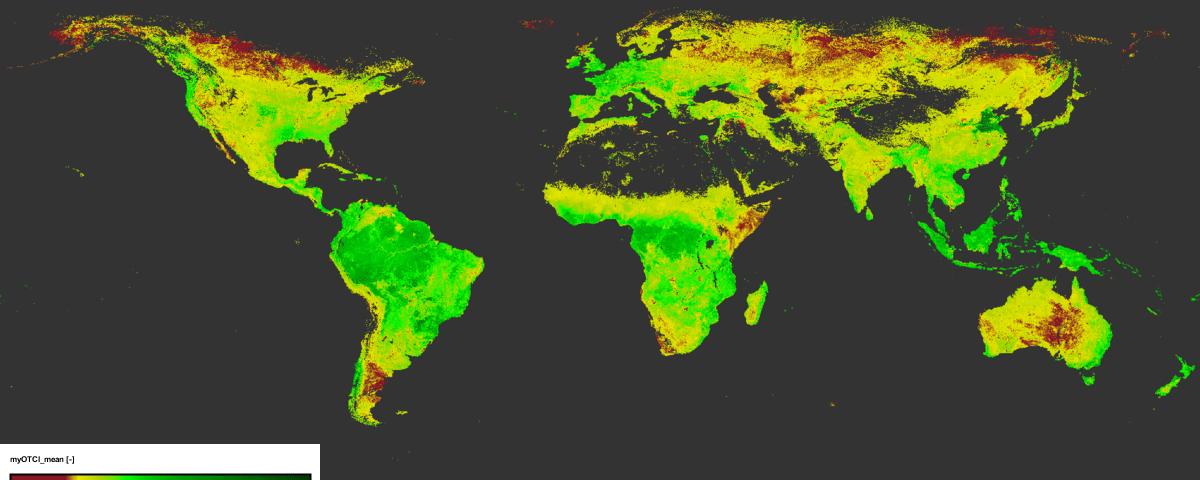- Top Quality Custom Essays
- +1 (628) 201-7932
- eprowriters01@gmail.com
Place History
Place History

Place History
Place History
Please follow the link to watch the Ted talk with Bill Davenhall about our place histories. What is a place history? Once you watch his talk, you will have a better idea of what that means! For this third post, you are discussing the interesting idea of place history.
In your discussion, these are some things to consider (although they are neither exhaustive nor exclusive):
- Explore your place history. Where have you spent most of your time in life? Where do you plan on spending the next part of your life? For the early part of your life, did you have a choice?
- How important are environmental influences on your choices?
- What types of industries are/were there, or the types of natural spaces, or the overall human structure of the space?
- What is the overall landscape: urban, suburban, rural? Does that matter? Why?
- What health trends are you aware of in the places that you have spent your time?
- Do you want your place movements known? Why or why not? (Remember, Davenhill’s friend was tracked and then recorded. That is already happening with each of us who owns a smart phone- are you comfortable with that type of information being known about you? Why or why not?)
- Respond to the quote by Jack Lord MD: “Geography is destiny in medicine.”
- Discuss your opinions about whether you agree or disagree with Mr. Davenhill’s suggestion that medical histories should include a patients’ place history; does it matter for your health? Why or why not?
Your response should be a well crafted, thoughtful exploration of place history that includes the ramifications and implications for your health. I am looking for an organized response with correct grammar, complete and varied sentence structure (compound and complex sentences as well as simple sentences), sophisticated vocabulary and clear articulation of your ideas. Give support through journals, articles (peer reviewed), books, etc. You MUST have support that is cited APA. Be a critical thinker!


